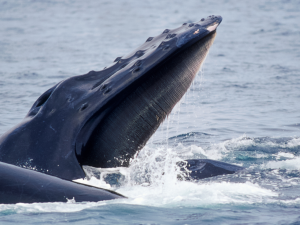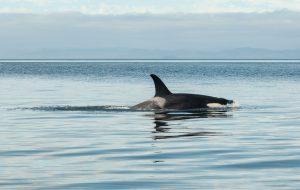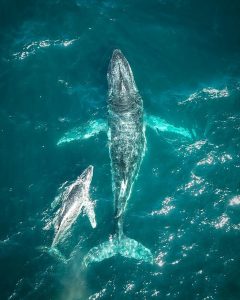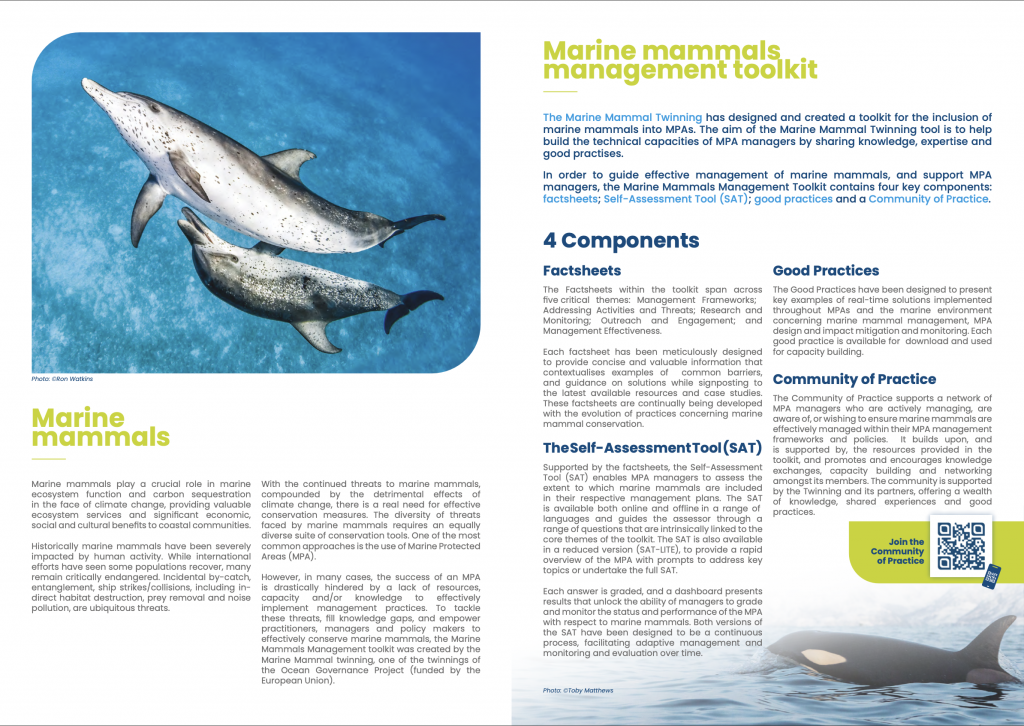Following two weeks of global meetings held entirely online, the scientific body of the Convention on the Conservation of Migratory Species of Wild Animals (CMS) agreed on a wide-ranging series of actions to address growing threats to migratory species.
Among the key outcomes, the Committee agreed:
- To create an expert working group on migratory species and health, including zoonotic diseases which have been linked to the exploitation of wild animals and destruction of natural habitat. The new Working Group on Migratory Species and Health will engage with the UN’s One Health initiative and will provide guidance to countries on matters relating to migratory species, health and disease, including on topics such as pathogen spillover, issues related to health of migratory species, and ecosystem health.
- To establish a multi-stakeholder working group, including representatives of governments, the private sector, financial institutions and non-governmental organizations (NGOs), to address the significant risks to migratory species from linear infrastructure. Globally, at least 25 million kilometers of new roads are projected to be developed by 2050, a 60 per cent increase from 2010. An additional 335,000 kilometers of rail tracks are projected to be built over the next 40 years. The new working group will address infrastructure both on land as well as in coastal and ocean areas.
- To develop guidelines to prevent or mitigate the growing impacts of light pollution on migratory species. Artificial light is increasing globally by around 6% annually and can severely disrupt the natural cycles of migratory species. The new guidelines will address impacts on migratory birds and bats, adding to existing CMS guidance on marine turtles, sea birds and shore birds.
- To continue its work on the impacts of climate change on migratory species and the benefits of migratory species and healthy ecosystems for mitigating climate change. Migratory species are particularly sensitive to climatic disturbances. Migration as a biological phenomenon is often determined by climatic factors. One of the most immediate threats to migratory species is the loss of vital habitat along their migration routes. Loss of such habitat can have disastrous consequences for their survival. Collapse or alteration of food webs in the oceans due to climate change is also having significant impacts on marine bird species. On the other hand, migratory species can significantly contribute to climate change mitigation as part of healthy ecosystems and through direct or indirect carbon capture and sequestration.








